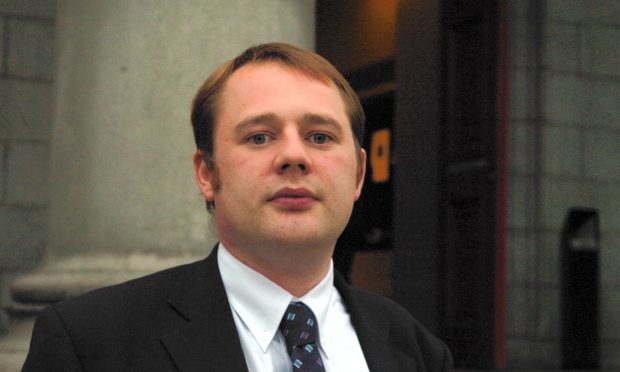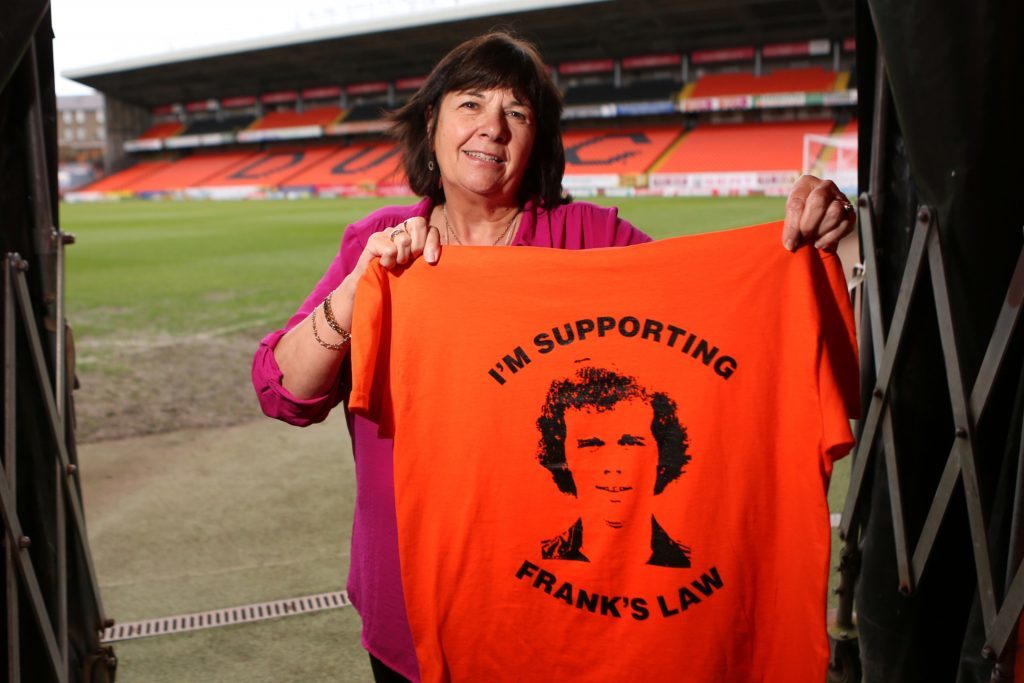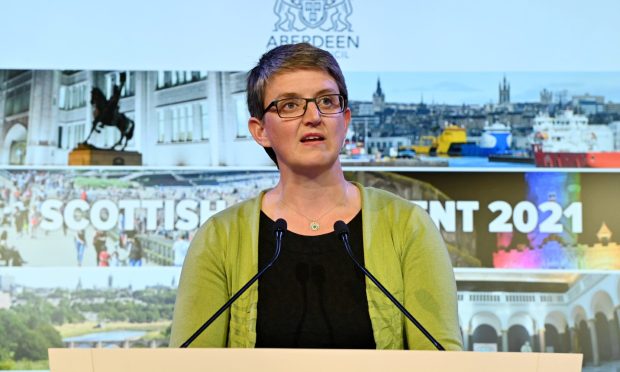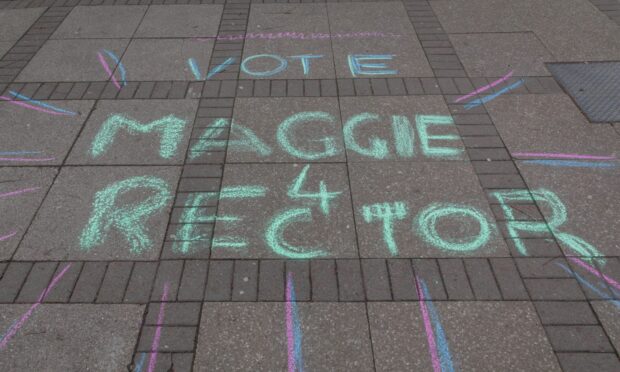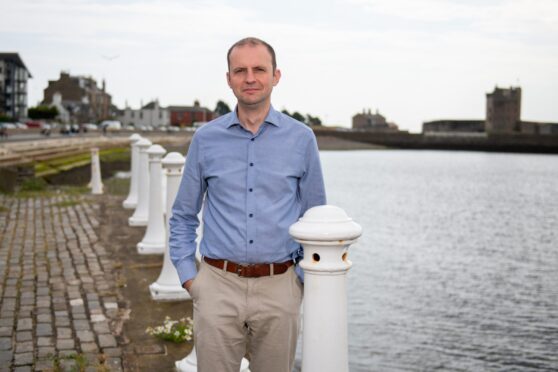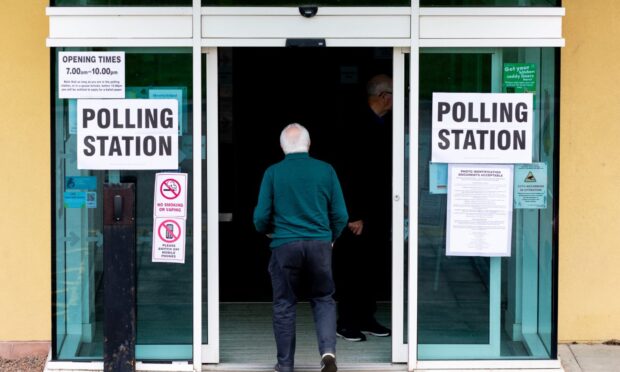A major Scottish charity has thrown its weight behind Frank’s Law.
Age Scotland, which represents older people and supports their rights and interests, wants the extension of free personal care to under-65s.
Now there is majority support for the policy in the Scottish Parliament, it is hoped Amanda Kopel’s drive for a fairer care system, backed by The Courier, could become a reality.
Richard Baker, early stage dementia team leader at Age Scotland said: “Age Scotland backs the campaign for Frank’s Law and we are pleased it has received such energetic support from The Courier too.
“Amanda Kopel deserves huge credit for the passionate case she has made for reform. It is vital that services and support for people with dementia are available to those with early onset dementia as well as for older people.
“The Scottish Government is considering their position but with a majority of MSPs already behind it, we hope a change in the law can happen soon, which would benefit not only the 3,200 people in Scotland aged under 65 living with dementia, but also their families and carers.”
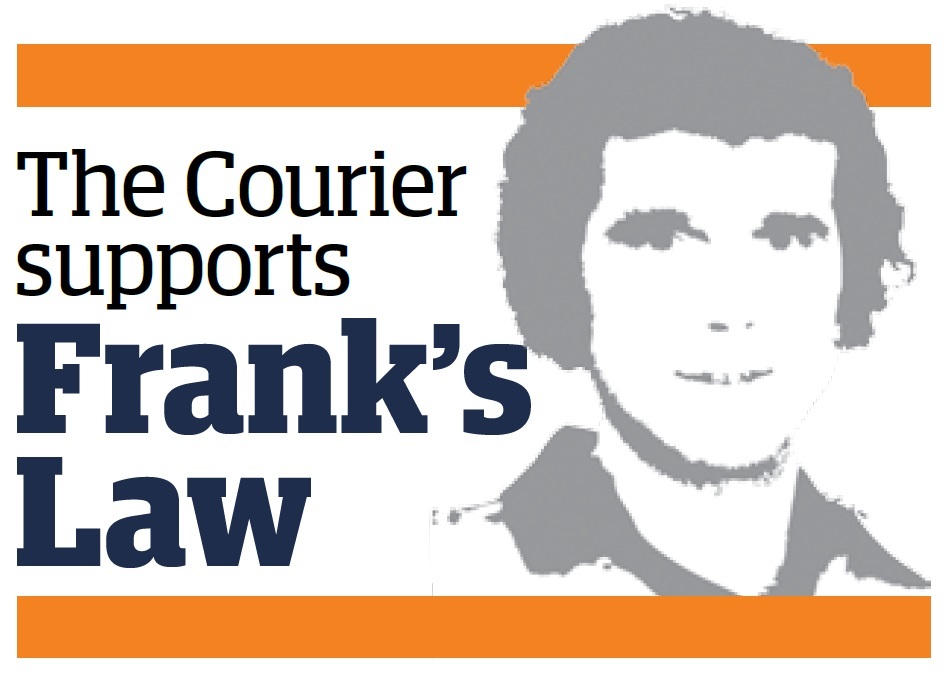
Dundee United legend Frank Kopel and his wife Amanda paid around £300 a week for him to have personal care in his Kirriemuir home after he was diagnosed with dementia aged 59.
The former left back was eligible for just 19 days of free personal care before his death in April 2014, despite living with the illness for nearly six years.
Scottish Government ministers have ordered a feasibility study into the proposals, which is expected to report back in the summer.
The SNP failed, however, to send a representative to back the campaign when leaders from every other political party at Holyrood donned personalised t-shirts showing their support.
Recent figures show 808 Scots aged between 15 and 64 are being treated for the devastating illness, compared to 2009/10 when fewer than 600 were living with the disease, an increase of more than a third.
Age Scotland’s Early Stage Dementia Project is funded by the Life Changes Trust to support the charity in raising awareness of early stage dementia and the signs and symptoms of the condition.
